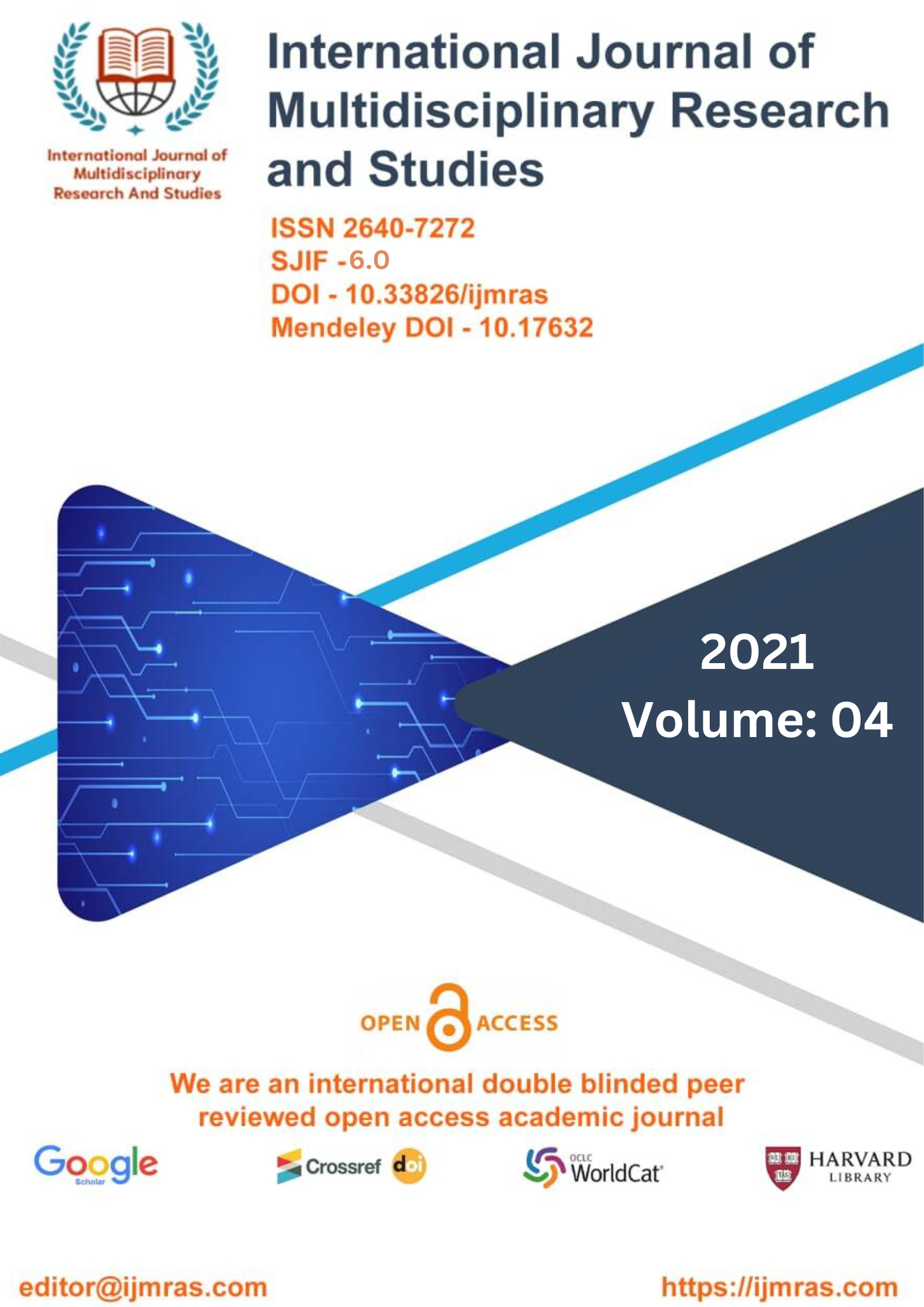INTERNET IMPACT ON THE ACADEMIC PERFORMANCE OF TEENAGERS IN URBAN AREAS

Abstract
At an effort to boost the academic performance of their populations, governments all over the globe have increased the amount of money allocated to the provision of internet and computer access in educational institutions. Although these initiatives were initiated in developed countries such as the United Kingdom, the United States of America (Office of Educational Technology, 2004), and Europe, significant advancements have also been made in developing countries such as Brazil, Nigeria. To paraphrase what Livingstone (2012, page 10) said so eloquently: "...with government policies in recent years to provide internet access for every children and every school, with industry supporting diverse digital education initiatives, and with families gaining internet access at home, much rides on the claim that digital technologies will be as important in the 21st century as the book was in the 19th." Several studies have been conducted to investigate the effect that students' access to the internet has on their academic performance. The first one acknowledges that learning is no longer restricted to just taking place in traditional classrooms (Coleman, 2012), and it investigates the environments in which learning takes place. The authors Furlong and Davis (2012) argue that labelling the use of technology at home as "informal learning" may be misleading. According to the research, the primary location for students' engagement with information and communication technologies (ICTs), especially the internet, is now the home, not the school. Therefore, the authors suggest that environments such as the home, which are becoming more common places for learning to take place, should be considered seriously.
Keywords
Internet, Performance, Academic, TeenagersHow to Cite
References
Bulletin of Environment, Pharmacology and Life Sciences.Vol. 3.No. 3. February 2014. P. 01-06.
Chahar, Rashmi, et al (2014): Intelligent Analysis of the Effect of Internet System in Society. International Journal on Cybernetics & Informatics.Vol. 3.No. 3. June 2014. P. 11-22.
Chen, Weenhong, et al (2013): Sharing, Liking, Commenting and Distressed? The Pathway Between Facebook Interaction and Psychological Distress. Cyberpsychology, Behaviour and Social Networking. DoI: 10.1089/cyber.2012.0272.
Das, Sumanjit and Nayak, Tapaswini (2013): Impact of Cyber Crime: Issues and Challenges. International Journal of Engineering Sciences and Emerging Technologies.Vol. 6.No.2. October 2013. P. 142-153.
Erfanian M, et al (2013): Iranian Students and Social Networking Sites: Prevalence and Pattern of Usage. Procedia - Social and Behavioral Sciences.Vol. 83. 2013. P. 44-46.
Hema, S and Krishnamacharyulu, CSG (2016): Changing face of India by rising pace of Internet. Global Journal for Research Analysis.Vol. 5.No. 2. February 2016. P. 76-78.
Internet and Mobile Association of India (2013): Internet in India 2013. Edited by Dr. Subho Roy. Mumbai: Internet and Mobile Association of India, 2013.
Janani Priyadarshini, V (2016): Social Networking Services. Indian Journal of Applied Research.Vol. 6.No. 2. February 2016. P. 342-344.
Kaveri Subrahmanyam and Gloria Lin (2007): Adolescents on the Net: Internet Use and Well Being. Adolescence.Vol. 42.No. 168.Winter 2007. P. 659-678.
Kiran Bala (2014): Social Media and Changing Communication Patterns. Global Media Journal: Indian Edition. Vol. 5.No. 1. June 2014. P. 1-6.
Kraut, et al (2002): Internet Paradox (Revisited). Journal of Social Issues.Vol. 58.No. 1. 2002. P. 49-74.
Krithika, M and Vasantha, S (2013): The Mobile Phone Usage Among Teens and Young Adults Impact Of Invading Technology. International Journal of Innovative Research in Science, Engineering and Technology.Vol. 2.No. 12. December 2013. P. 7259-7265.
Montgomery, K. C. (2001). Teensites.com: A Field Guide to the New Digital Landscape. Washington, DC: Center for Media Education, 2001.
Nimmi Rangaswamy and Edward Cutrell (2012): Anthropology, Development and ICTs: Slums, Youth, and the Mobile Internet in Urban India. Information Technologies and International Development.Vol. 9.No.2. Special Issue. 2012. P. 51-63.
Pandey, Dheeraj Kumar (2014): Effect of Excessive Internet Usage on the Level -Stress. Online International Educational E-Journal.Vol. 3.No. 2. April-June 2014. P. 213-237.
License
Copyright (c) 2021 Om Prakash Singh

This work is licensed under a Creative Commons Attribution 4.0 International License.
Individual articles are published Open Access under the Creative Commons Licence: CC-BY 4.0.




